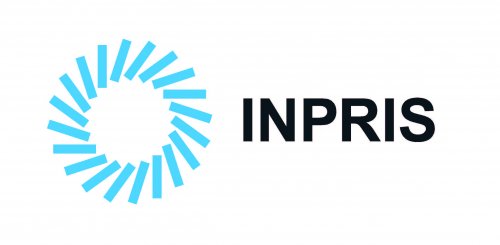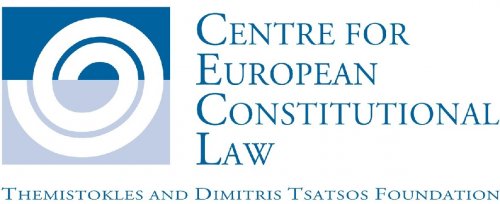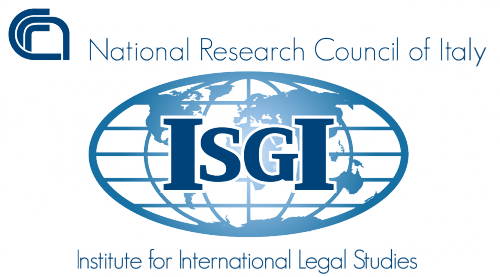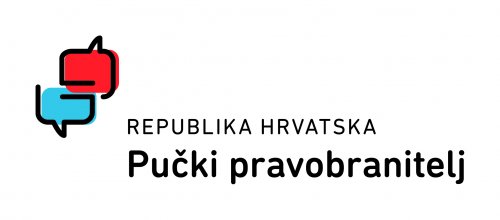Judging the Charter
About the Project
The Charter in judicial practise with a special focus on the case of protection of refugees and asylum seekers
The project Judging the Charter, having started in September 2016, aims at increasing competencies of judges and other legal professionals in relation to the Charter of Fundamental Rights of the European Union, in particular at sharing knowledge, how judiciary and academia are interpreting crucial questions relating to the applicability of the Charter and the rights and principles enshrined by the Charter. Generally awareness of the target group shall be increased about ways how Charter rights and princples can be applied and which potentials they could have even if – or maybe exactly because – rights security in this regard is rather limited. One focus of the project will be the role of Charter rights in asylum cases. The project is characterised by direct interaction with judges and other legal professionals in seminars and (international) working conferences but also seeks to develop a ‘knowledge data base’ on Charter rights as well as e-learning materials, which will be accessible online to members of the target group as well as to a wider public.
The project is being implemented in cooperation with the Instituto di Studi Giuridici Internazionali (CNR-ISGI, Rom), the Institute for Law and Society (INPRIS, Warschau), the Croatian Ombudsman Office (Zagreb), the Center for European Constitutional Law (CECL, Athen) and the Federal Ministry for Justice (Austria). It will last for two years until August 2018 and includes the following components:
- Judicial training and development of training materials: The project seeks to provide an overview of what is already there in terms of training materials on the Charter. The project website is envisaged to function as a portal providing access to all materials directly or via a link. E-learning tools will aim at acquainting with the topic in an interactive way and at enabling users to ‘test’ the potentials the Charter might provide. Trainings for judges and legal professionals on questions of general interest as well as on concrete legal fields like labour law, familiy law of social rights are currently organised in all partnering countries (AT, EL, HR, IT, PL, RO).
- The Charter and the right to asylum: One component of the project has a special focus on the role of the Charter in the field of asylum. Based on existing research the significance of the Charter for the European as well as for national asylum law systems are analysed. Research findings will feed into training materials on the Charter and its applicability in judiciary practise in the field of asylum law. In the course of elaborating materials two pilot trainings are conducted in each partnering country.
- Sharing experience and dissemination: Two working conferences for judges and legal professionals in Vienna and in Athens aim at providing a platform for sharing experiences in applying Charter rights. Project findings will also be disseminated to a wider public via penal discussions and at an international conference in Rome.
The project is implemented in cooperation with the Judical Acadmies of Croatia, Italy, Romania and Slovenia.
Project Data
Persons involved: Katrin Wladasch
Contact persons: Katrin Wladasch
Lead Organisation: Ludwig Boltzmann Institute of Fundamental an Human Rights (LBI-GMR)
Partner organisations: ISGI-CNR (IT), INPRIS (PL), CECL (HE), Ombudsman Office (HR), Federal Ministry for Justice (AT)
Project start: 09/2016
Project end: 08/2018
Project completed: Yes
Funded by: European Commission – DJ Justice, BMJ
Programmlinie LBI-GMR: Asylum and Migration
Disclaimer
- This project is implemented with the financial support of the Justice Programme of the European Union. The contents of this website are the sole responsibility of the BIM and its project partners and can in no way be taken to reflect the views of the European Commission.
b. logo bmj





